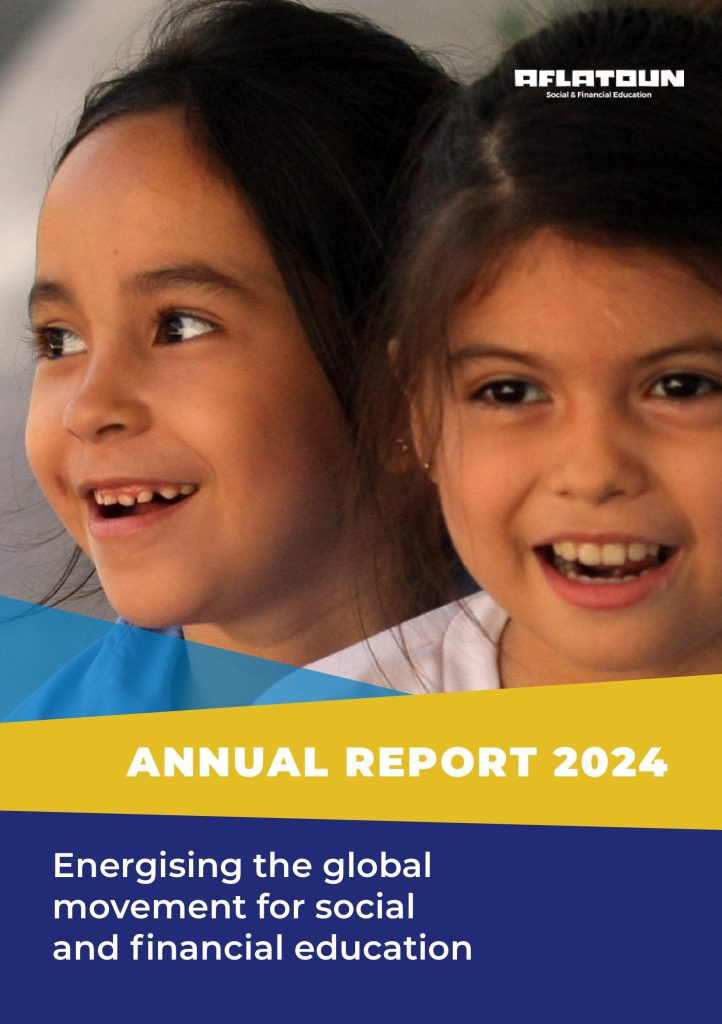When employers say “we can’t find employable candidates,” they’re rarely talking about pure knowledge gaps. More often, they’re pointing to the missing how: how to collaborate, communicate clearly, navigate conflict, take feedback, organise time, stay resourceful & resilient under pressure, and make sound judgements. These are social and emotional skills (sometimes called “transferable” or “socio-emotional” skills). They don’t replace literacy, numeracy, or technical know-how; they unlock them.
The payoff: wages, work, and wellbeing
A growing body of international evidence shows that social and emotional skills (SES) are linked to better employment prospects, higher wages, and more satisfying lives. Recent OECD analyses report that SES help predict labour-market participation, occupational choice, and earnings alongside cognitive skills, while also supporting health, civic engagement, and overall wellbeing. In some contexts, specific SES (e.g., self-management, sociability) matter as much as, or even more than, cognitive test scores for adult outcomes.
The World Bank likewise highlights SES as part of the “foundational skills” set that drive productivity and employability, especially in low- and middle-income countries, with an expanding evidence base connecting these skills to educational and labour outcomes.
Bottom line: employers reward people who can work with others and get work done. That shows up in hiring decisions, promotions, client retention, and leadership opportunities—not just in test scores.
Why the “skills gap” often looks social and emotional
Many employers lament that entry-level recruits struggle to communicate, organise tasks, adapt to change, or solve open-ended problems. These are precisely the skills that enable graduates to turn their subject knowledge into value at work. When SES are weak, even strong technical training under-delivers; when SES are strong, people learn faster on the job and transfer knowledge across new roles and tools.
The policy implication is clear: we can’t remediate our way out of this in the last year of college. The pipeline must start much earlier.
Start before adolescence: the first decade is decisive
Children who miss out on early language-rich, play-based, and emotionally nurturing environments often struggle later with both foundational (literacy, numeracy) and transferable skills (self-management, problem-solving, collaboration). UNICEF underscores that early childhood is a unique window to shape holistic development: health, security, and early learning with lifelong consequences, including in the labour market. Its global framework on transferable skills reinforces that these competencies should be cultivated continuously from pre-primary onwards.
In short: the earlier we start, the fairer and the more effective the outcomes.
Don’t forget contexts of displacement and crisis
For refugees and children on the move, access to post-primary learning remains fragile. Here, transferable skills including coping, communication, and problem-solving support continuity of learning and psychosocial resilience, and help young people re-enter education or work when systems are disrupted. Investing in SES is therefore part of a humanitarian and an employability agenda.
How Aflatoun International weaves social & emotional skills into employability
Aflatoun International’s curricula are built on the insight that social and financial education belong together—and that both should begin early and continue through adolescence into the transition to work.
- From early years to adolescence. Programmes such as Aflatot (early childhood), Aflatoun (primary) and Aflateen (lower secondary) progressively develop self-awareness, empathy, communication, and responsible decision-making alongside financial habits like saving, planning, and goal-setting. Evidence from independent and partner evaluations shows positive effects on children’s financial behaviours and broader empowerment outcomes, including at scale.
- AflaYouth (16–24+). Tailored for the school-to-work transition, AflaYouth integrates social and financial skills with employability and entrepreneurship, plus digital financial literacy and green awareness. It equips young people to navigate recruitment, excel in teams, start enterprises, and manage money—practical, portfolio-ready competencies aligned with local labour markets.
- Evidence-driven and adaptable. Aflatoun has conducted 100+ evaluations across 50+ countries, iterating content to fit diverse contexts—from stable systems to humanitarian settings—while keeping SES central to learning design and measurement.
Why this mix works:
Social and emotional skills make learning stick and make finance responsible; financial skills make agency practical; employability content connects both to real jobs and livelihoods. That integrated design mirrors what employers reward: reliable teamwork, problem-solving, initiative, and stewardship of resources.
What education systems and partners can do next
- Protect the early years. Expand access to quality early childhood care and education with a strong focus on play, language, and socio-emotional development. Track both foundational and transferable skills from the start.
- Make SES explicit in curricula and assessment. Follow international frameworks and surveys to define, teach, and measure SES (not just “hope for them”). Use formative assessment to guide instruction.
- Integrate “social + financial + employability”. Pair budgeting, saving, and enterprise basics with teamwork, communication, and ethical decision-making—then link to internships, apprenticeships, and mentorships. Aflatoun’s laddered curricula offer a proven template.
- Design for disrupted contexts. In humanitarian settings, use modular content, accelerated pathways, and psychosocial supports so young people can re-enter learning and work with dignity.
- Co-create with employers. Map local “success skills” by sector, embed work-based learning, and coach supervisors to reinforce SES on the job. The research is clear: SES are teachable and trainable across the life course.
A closing thought
If we want employers to stop lamenting “lack of employable skills,” we must stop treating social and emotional learning as a nice-to-have. The evidence says it is a must-have—for higher earnings, healthier communities, and more resilient democracies. Start early, build consistently, and keep the bridge from school to work open for every learner. Aflatoun International’s integrated approach shows how: develop the whole person, connect learning to livelihoods, and make social and financial education the backbone of employability.












